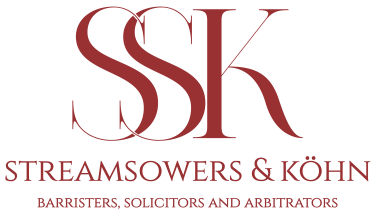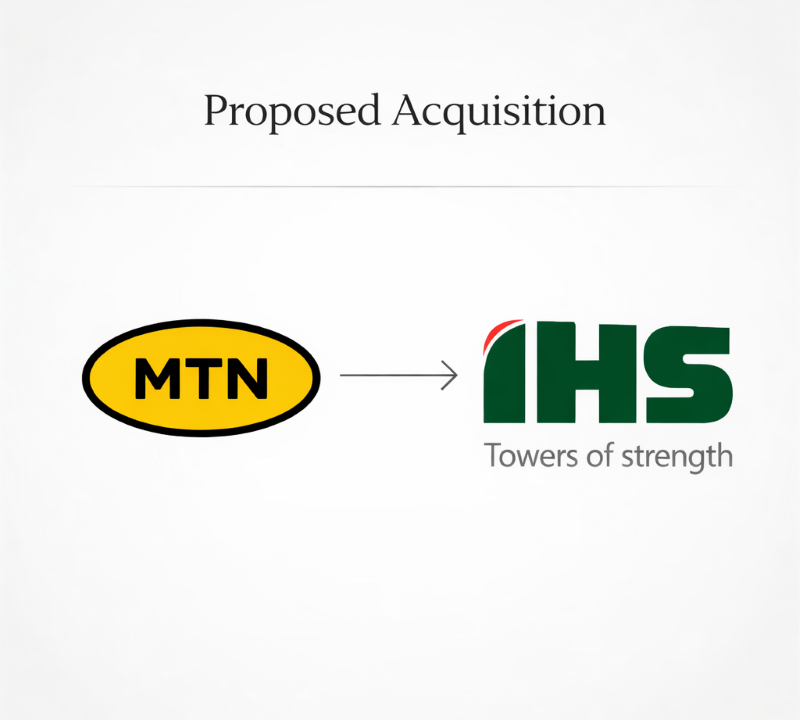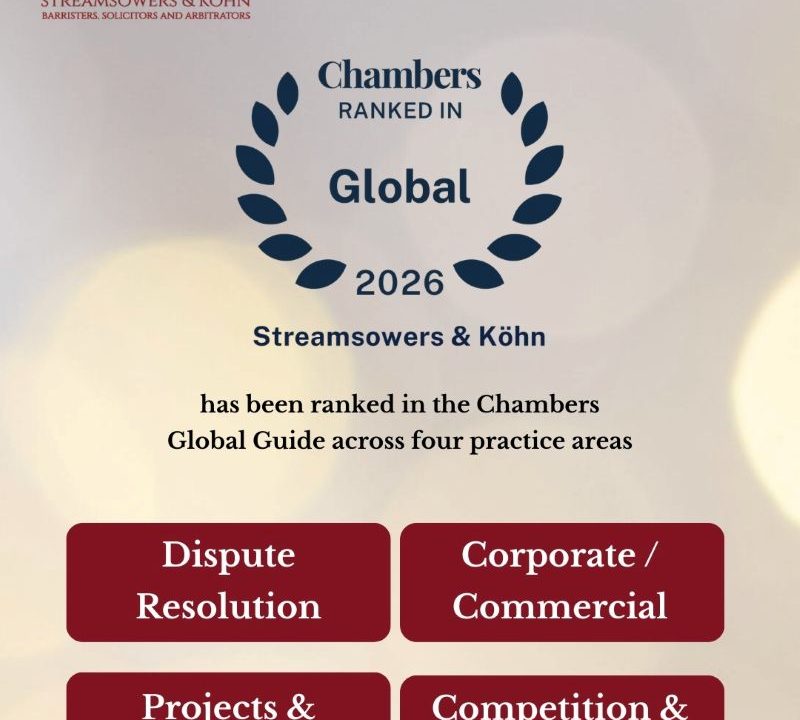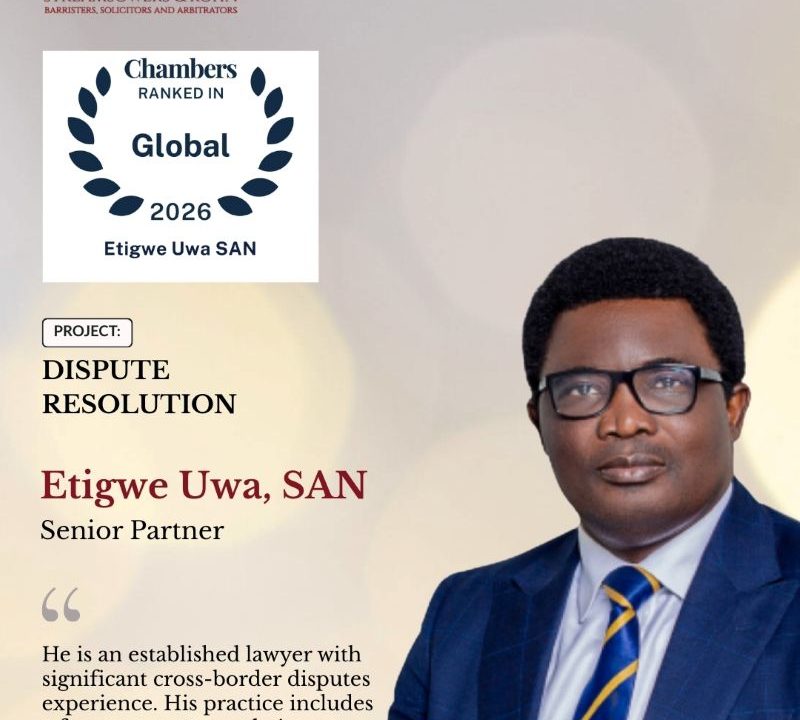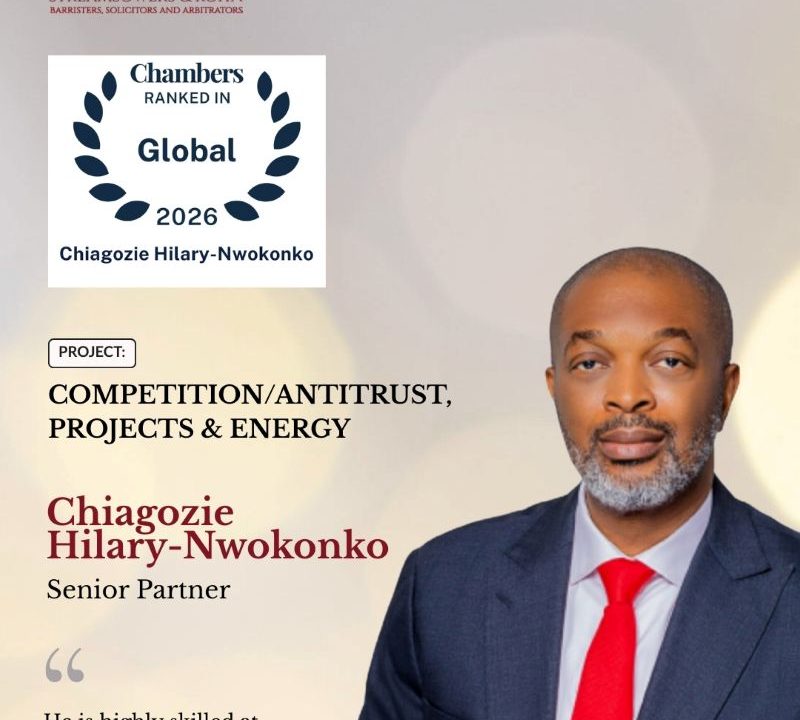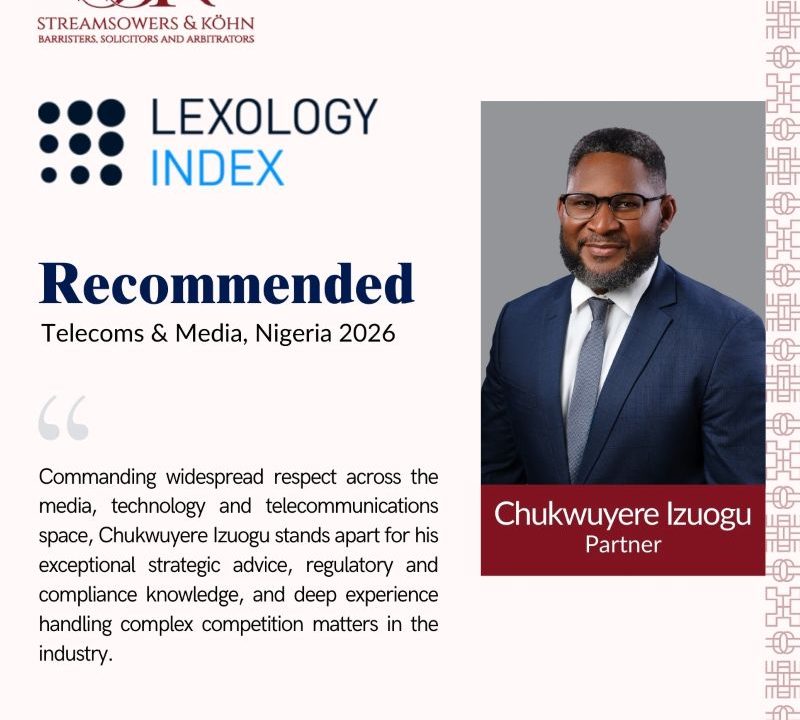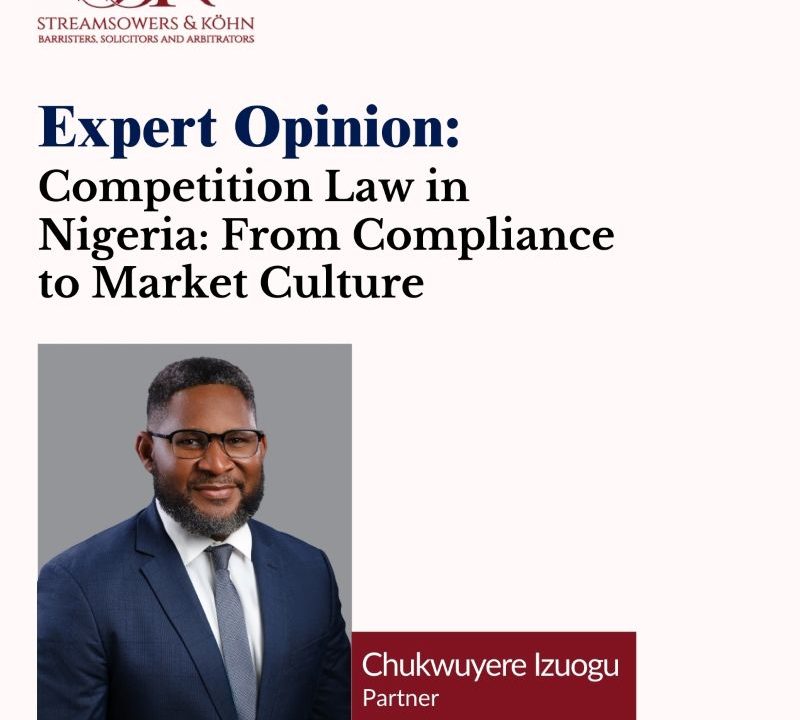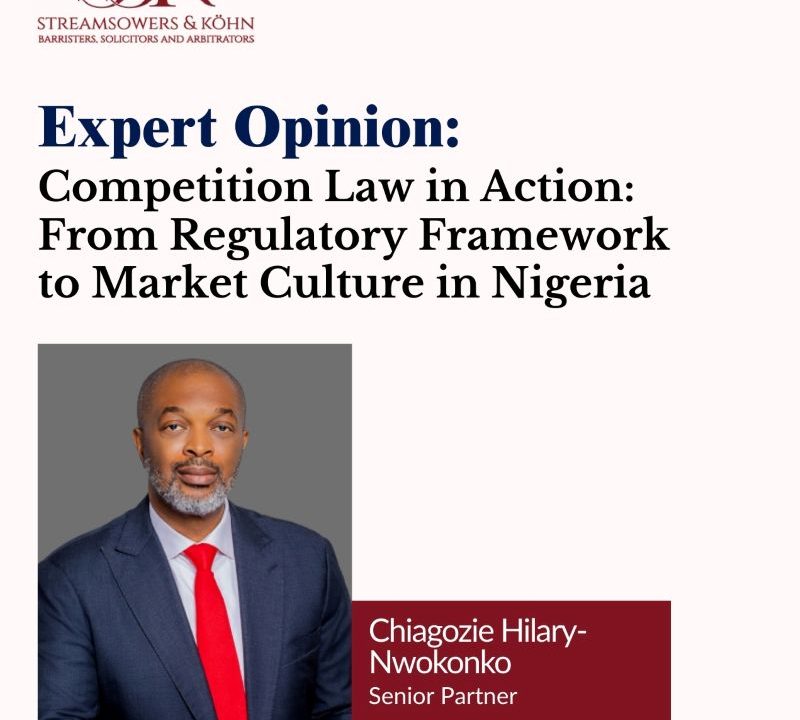ArticlesCorporate LawMTN’s $6.2 Billion Acquisition of IHS: What Nigeria’s Competition Authorities Will Look For
On 17 February 2026, MTN Group and IHS Towers separately announced a proposed all cash transaction under which MTN would acquire the outstanding shares of IHS Towers that it does not already own, valuing the business at approximately
